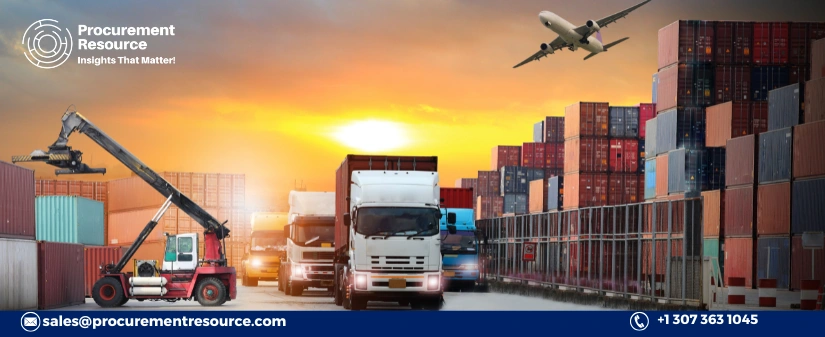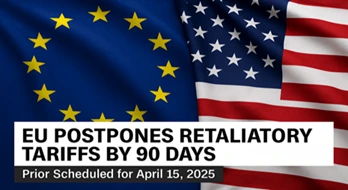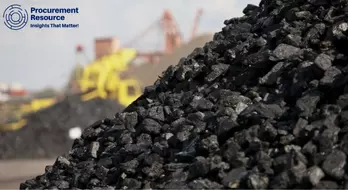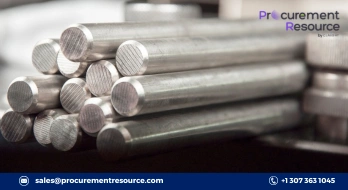The US tariffs are expected to be enacted on the aluminium and steel exports starting from March’25

Leaders in Europe and Canada have expressed their determination to challenge Donald Trump's plans to impose tariffs on their steel and aluminium exports. European Commission President Ursula von der Leyen stated that such actions would prompt firm and proportionate countermeasures, while Canadian Prime Minister Justin Trudeau emphasized his commitment to defending Canadian workers and businesses. These reactions followed the US president's decision to impose a 25% import tax on all steel and aluminium entering the United States, effectively ending previous exemptions for allies, including Canada and the European Union, and significantly expanding trade barriers.
Trump defended the move, describing it as a simplification of trade rules and a measure to boost domestic production. He claimed that the tariffs, set to take effect on March 12, were a crucial step toward revitalizing the American economy. He argued that the nation's steel and aluminium should be produced domestically rather than imported from foreign countries. The United States, being the world's largest importer of steel, relies heavily on suppliers such as Canada, Brazil, and Mexico. Canada alone accounted for over 50% of the aluminium imported into the US last year.
Tariffs, which are taxes levied on imported goods, are a central component of Trump's economic strategy, aimed at protecting domestic industries, creating jobs, and increasing tax revenue. However, concerns have been raised about the potential impact on US manufacturers who rely on steel and aluminium, as well as on consumers who may face higher prices.
The tariffs are expected to increase the cost of importing these metals into the US, raising concerns among American businesses that depend on these materials and among global leaders who fear reduced access to the world's largest economy. Canada is likely to be the most affected if the tariffs are implemented as planned. Prime Minister Trudeau criticized the proposed tariffs as unacceptable and expressed hope that discussions with the Trump administration would resolve the issue without necessitating retaliatory measures. However, he made it clear that Canada would respond firmly if required.
Similarly, European Commission President Ursula von der Leyen warned that unjustified tariffs on EU exports would not go unanswered and that the EU would take steps to protect its economic interests. She emphasized that tariffs act as taxes, negatively impacting businesses and consumers. Meanwhile, other leaders adopted a more cautious approach. Mexico's economy minister described the tariffs as unjustified but did not outline specific retaliation plans, while South Korea's acting president indicated a strategy focused on building closer ties with the Trump administration.
Industry groups, ranging from construction to can manufacturers, have warned about the adverse effects of the tariffs. When questioned about the potential for increased consumer prices, Trump asserted that the measures would ultimately lead to lower costs and strengthen American industries. He hinted that additional tariffs could target sectors such as pharmaceuticals and computer chips.
Read More About Steel Production Cost Reports - Get Free Sample Copy in PDF
Despite the administration's claims, some advisors and analysts have expressed skepticism about the effectiveness of steel and aluminium tariffs in creating jobs. They suggested that the measures might primarily serve as a negotiating tactic to draw global attention. Trump officials clarified that the tariffs were intended to prevent countries like China and Russia from circumventing trade restrictions by routing low-cost products through other nations. The administration also introduced new standards requiring steel to be "melted and poured" and aluminium to be "smelted and cast" in North America.




